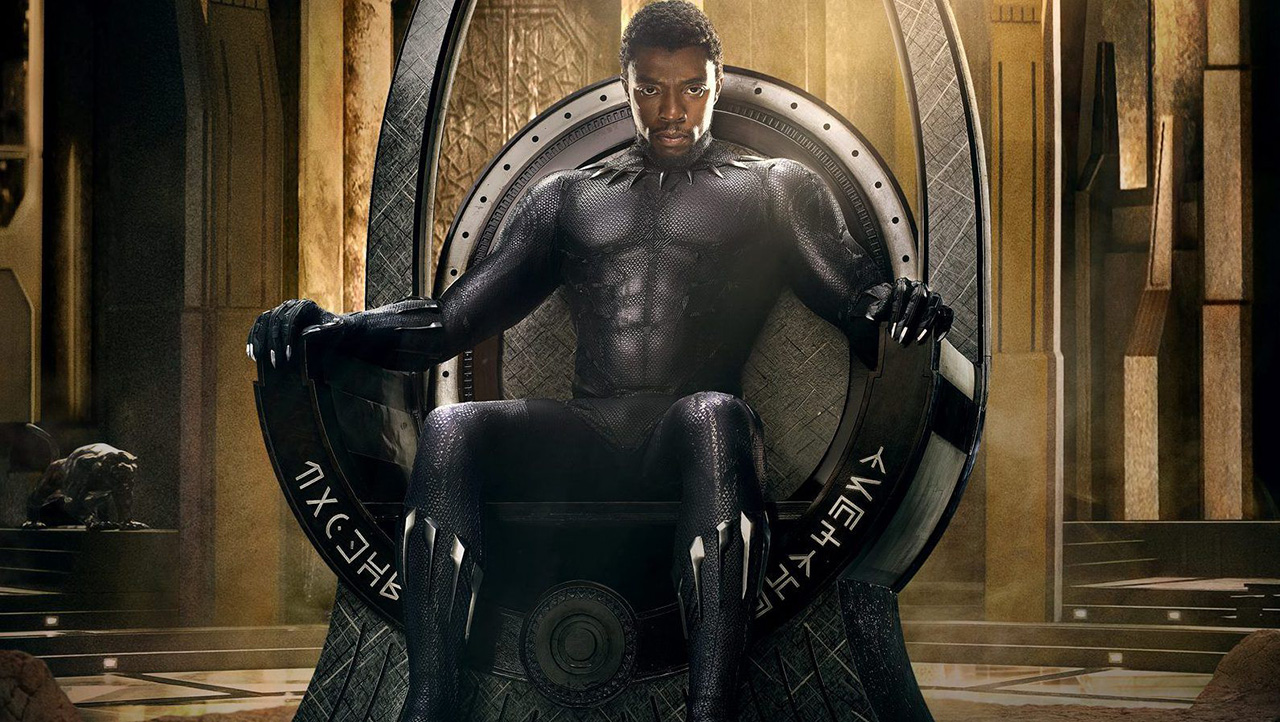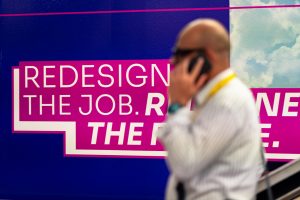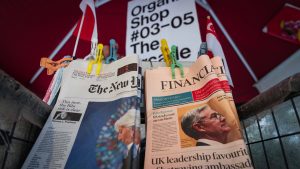It successfully weaves themes of Afrofuturism, feminism, family and xenophobia into a political spectacle, under the guise of a comic book movie, that dazzles and educates audiences at the same time.
While the film is at heart a tale of the oppression of the black community, which may not be felt nor understood by Singaporean audiences, its other key message: “What makes a good leader?” would certainly resonate.
King T’Challa (Chadwick Boseman) fears he’s not ready to lead the fictional country of Wakanda, and is conflicted as to what his leadership should entail. Does he follow in the footsteps of the rulers before him, and continue to practise isolationism from the outside world to maintain peace and security, or usher in a new progressive era for the country by opening up to the outside world?
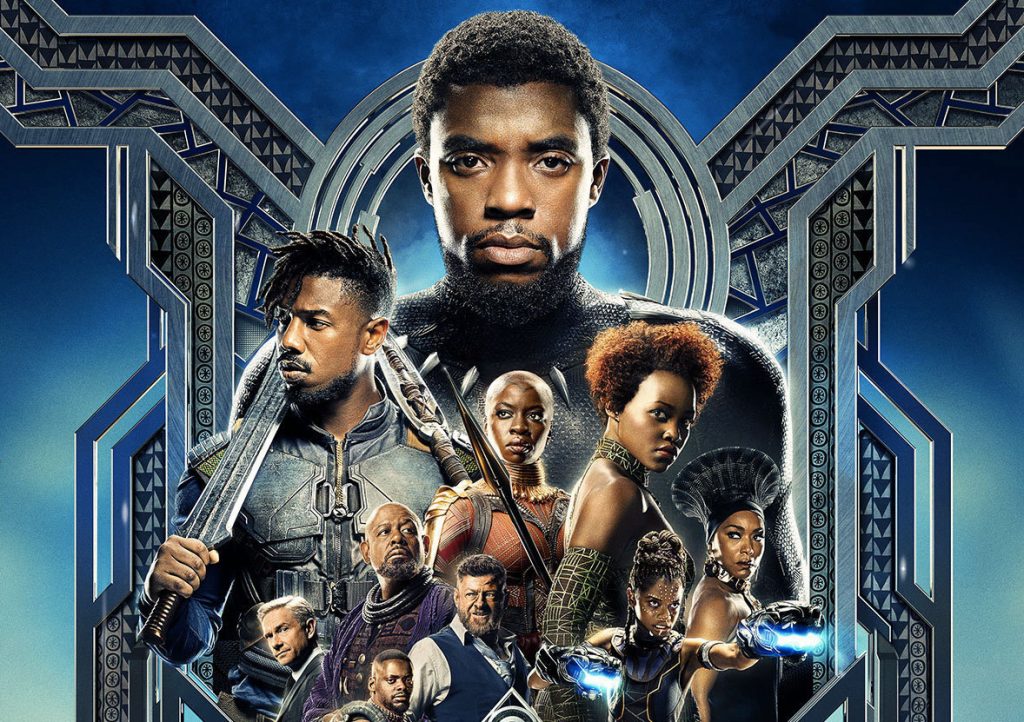
Like T’Challa, no one from the 4G leadership is ready to take up the mantle of prime minister (or so we’re told), given the delay in the announcement of PM Lee Hsien Loong’s successor.
Whoever eventually sits in the hot seat will have to make a crucial choice – stick with the old style of governance that has brought Singapore peace and economic development, or cut loose the reins of history and tradition and usher in a new generation of leadership that would define the next 50 years.
Unlike Wakanda, which has the strongest metal on the planet Vibranium (fictional, of course) in abundance, Singapore’s only valuable resource which it can offer to the world is its people. The new PM cannot afford to let them down.
Political succession in Singapore isn’t as perilous as physical combat on the edge of a waterfall between the rightful heir and a challenger, as depicted in Black Panther. But there’s still the danger of cascades in the form of anti-government sentiment and backlash if not conducted to the people’s satisfaction.
So far, confidence is lacking.
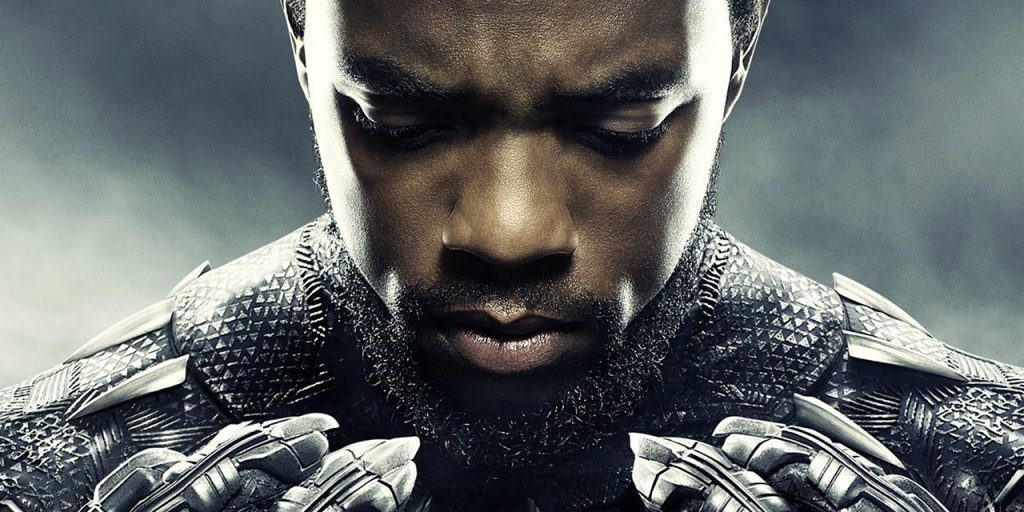
Early in the film, in the mystical afterlife realm of Djalia, T’Challa’s father tells him that “it is hard for a good man to be a king”. The new king is by nature a soft-hearted and charismatic person, and T’Chaka reminds his son to have the guts to make the hard decisions when the time arises.
Would T’Chaka be inclined to change his outlook if he had met DPM Tharman – a politician who has endeared himself to the masses with his intellect and sincerity just like T’Challa? Or would DPM Tharman be deemed as lacking the ruthless edge needed to be king of the concrete jungle?
Well, at least the only villains to fight in Singapore are gangs and the occasional robber.
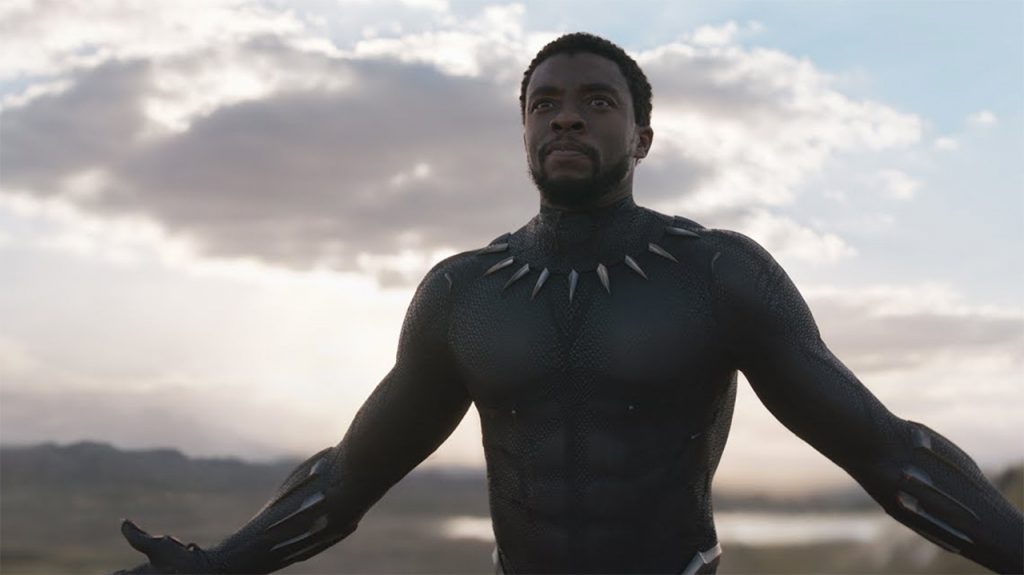
In that vein, perhaps the chief takeaway for Singapore is to be brave enough to be “refreshing”.

